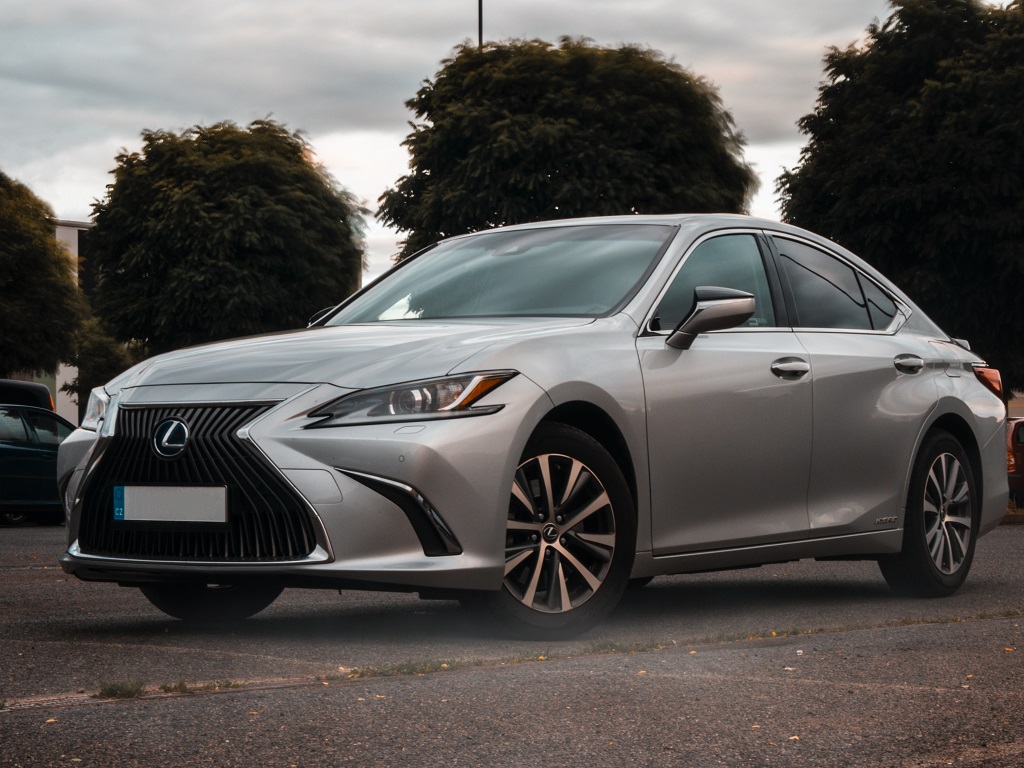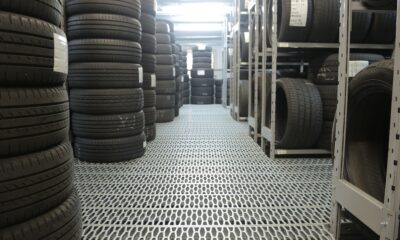Buyers Guide
How to Buy a Hybrid Car

Hybrid vehicles provide fuel-efficient transportation while reducing emissions, noise, and operating costs. They are less expensive to refuel and repair than comparable gasoline-powered models. However, because they are so different, it is critical to understand everything about them before purchasing your next vehicle.
In this guide, we’ll go over how to buy a hybrid car based on your needs and goals.
Who Should Buy a Hybrid Car?
With plug-in hybrids now on the market, non-plug-in hybrids are often called “conventional hybrids.”
Compared to a non-hybrid model, hybrids improve fuel economy by 20%-25% and significantly reduce all tailpipe emissions.
In urban start-stop driving situations, hybrids perform particularly well because the battery recovers some of the energy that would otherwise be lost during braking. Most hybrid models also include a zero-emission mode for short distances, during which the vehicle is driven entirely on electricity.
What Models Are Available Now?
One of the most popular hybrid models today is the Toyota Prius hybrid. Toyota also produces the Auris and Yaris hybrids, using the Prius’ ‘Hybrid Synergy Drive’ technology.
Lexus and Honda also offer a variety of hybrid vehicles. Volkswagen and Porsche have recently joined the growing list of automakers offering hybrid models.
The plug-in hybrid is the most recent stage of technological advancement in the hybrid sector. Toyota’s plug-in hybrid Prius is essentially the same as the current Prius, but with a slightly larger capacity battery and a charging socket, bringing the hybrid Prius one step closer to being a battery electric car. Recently, BMW and Mitsubishi entered the market with the i3 Range Extender and Outlander PHEV, respectively.
What Is the Cost of Buying a Hybrid Car?
Most hybrid cars cost about 20% more than their non-hybrid petrol and diesel counterparts. The increased capital cost reflects the cost of the hybrid drivetrain, which adds complexity and necessitates a higher-quality, larger battery.
Mild hybrids, which can operate on a conventional engine, electric only, or a combination of both power sources, are less expensive than ‘strong’ or ‘full’ hybrids. Hybrid price premiums will eventually decline as more hybrids become available and as the cost of hybrid drivetrains decreases.
Running Costs of A Hybrid Car
Most hybrids have lower operating costs than conventional vehicles. Because hybrid vehicles typically have high fuel economy and typically use less fuel per mile, the higher capital costs are offset by lower fuel costs. As a result, hybrids make the most economic sense for high-mileage drivers, as lower fuel costs help to offset the higher purchase price.
-

 Accessories & Financing2 years ago
Accessories & Financing2 years agoThings To Check Before You Rent A Car
-

 Accessories & Financing2 years ago
Accessories & Financing2 years agoWhy is Car Insurance Important?
-

 Accessories & Financing2 years ago
Accessories & Financing2 years agoTips to Get Your Tires to Last Long
-

 Buyers Guide2 years ago
Buyers Guide2 years ago6 Things to Consider When Purchasing a Truck
-

 Buyers Guide2 years ago
Buyers Guide2 years agoAll You Need to Know About Buying a Truck
-

 Buyers Guide2 years ago
Buyers Guide2 years agoLuxury SUV and Sedans: What To Know
-

 Accessories & Financing2 years ago
Accessories & Financing2 years agoHow To Get An Auto Loan With Poor Credit
-

 Accessories & Financing2 years ago
Accessories & Financing2 years agoA Beginner’s Guide to Auto Financing


